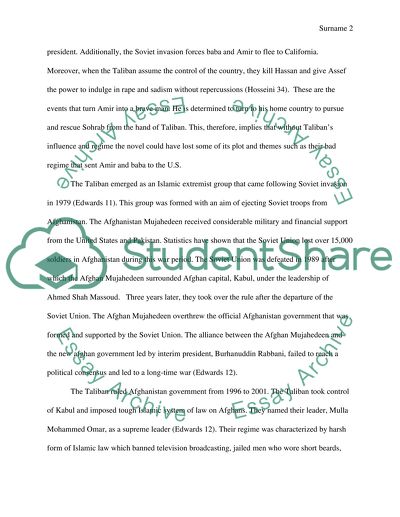Cite this document
(“The Taliban-Historical focus:when and how did the Taliban rule Essay”, n.d.)
The Taliban-Historical focus:when and how did the Taliban rule Essay. Retrieved from https://studentshare.org/english/1466197-the-taliban-historical-focus-when-and-how-did-the
The Taliban-Historical focus:when and how did the Taliban rule Essay. Retrieved from https://studentshare.org/english/1466197-the-taliban-historical-focus-when-and-how-did-the
(The Taliban-Historical focus:When and How Did the Taliban Rule Essay)
The Taliban-Historical focus:When and How Did the Taliban Rule Essay. https://studentshare.org/english/1466197-the-taliban-historical-focus-when-and-how-did-the.
The Taliban-Historical focus:When and How Did the Taliban Rule Essay. https://studentshare.org/english/1466197-the-taliban-historical-focus-when-and-how-did-the.
“The Taliban-Historical focus:When and How Did the Taliban Rule Essay”, n.d. https://studentshare.org/english/1466197-the-taliban-historical-focus-when-and-how-did-the.


